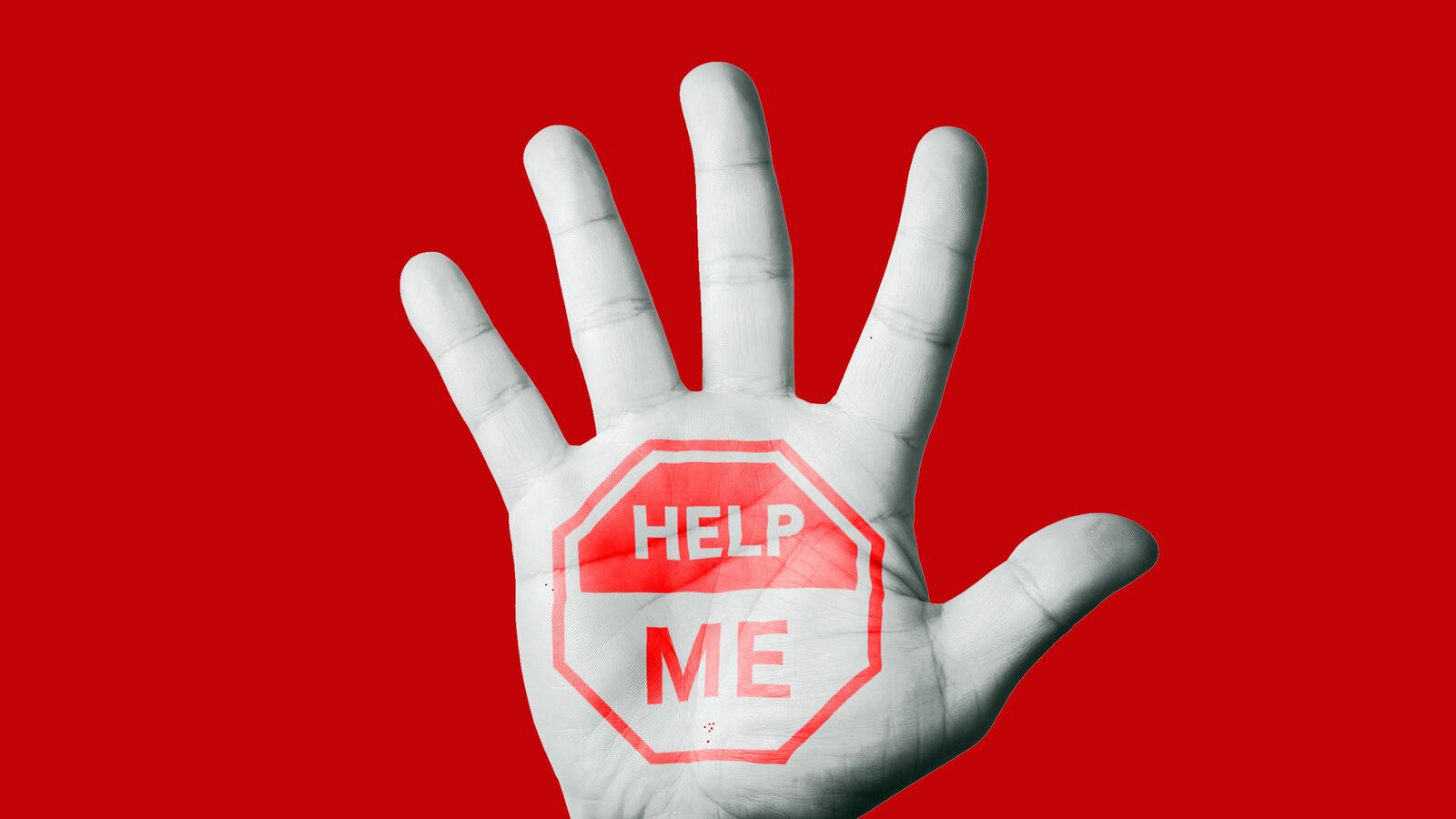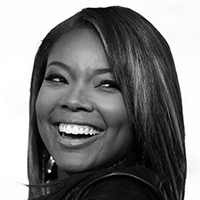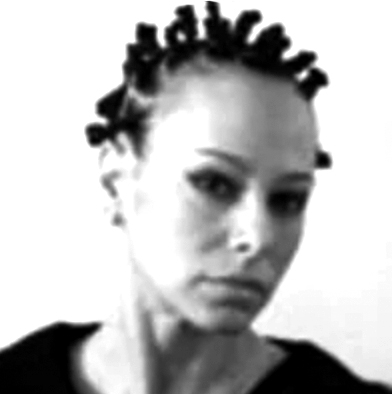More than a month ago, Withelma “T” Ortiz Walker Pettigrew, a fierce young woman, a survivor of child sex trafficking, and a leader in the movement to end the exploitation of our kids, started a change.org petition to change the way we talk and think about victims of sex trafficking. Alongside the Human Rights Projects for Girls (Rights4Girls), T called on the Associated Press, as the leading influencer on journalistic standards, to stop using the term “child prostitute.”
Ashton Kutcher, Julianne Moore, Puffy, Russell Simmons, Rosie O’Donnell and many other celebrities have shared the petition. We stand with T, and other girls bought and sold for sex in this country, who are not child prostitutes, but victims of violence.
As T said in the petition:
“…From the ages of 10 to 17, I was sexually exploited throughout the western United States, charged with solicitation and prostitution, and jailed as if I was a criminal. I was not a child prostitute or child sex worker. I was a victim and survivor of child rape. And so are the other kids out there now who are being bought and sold for sex.”
Unfortunately, when the media reports on this issue of child sex trafficking in the United States, the victims are often described as “child prostitutes,” “child sex workers,” or even “teen hookers.”
According to research by the Human Rights Project for Girls and The Raben Group, there have been more than 5,000 instances in the past five years when reporters for print, wire, and online outlets have used the phrase “child prostitute” or other variations of the term.
Describing trafficked and exploited children as prostitutes is a contradiction in terms. “Child prostitute” suggests consent or agency, when, in this case, there really is none. Moreover, the term “child prostitute” has the effect of dismissing the abuse and rape that has been committed against the child, and makes it somehow more tolerable from other forms of child rape or sexual abuse.
But it is not just about language; it is about the law, too. More than 1,000 children every year are arrested for and charged with prostitution. Many of them are not even of legal age to consent to sex, let alone commercial sex.
Federal law clearly states that any individual under the age of 18 who is induced to perform a commercial sex act in exchange for anything of value is, by definition, a victim of sex trafficking—not a prostitute.
Most state and local laws, however, disregard federal protections for trafficked minors, and do not contemplate them as victims. Instead the girls, many of them only between the ages of 12 and 14, are arrested, detained, and prosecuted for prostitution. And most of them are African-American children. According to the FBI, for prostitution arrests under the age of 18, African-American children comprise 59 percent of all prostitution-related arrests in the United States.
We must, in language and law, eradicate the notion of a “child prostitute.” We owe it to T and the other girls left behind to make clear to them that the victimization and abuse they have suffered is no different or more tolerable than other forms of child sexual abuse. We owe it to them to name what has happened to them as violence—and not vice. Because there is no such thing as a child prostitute—there are only victims and survivors of child rape.







